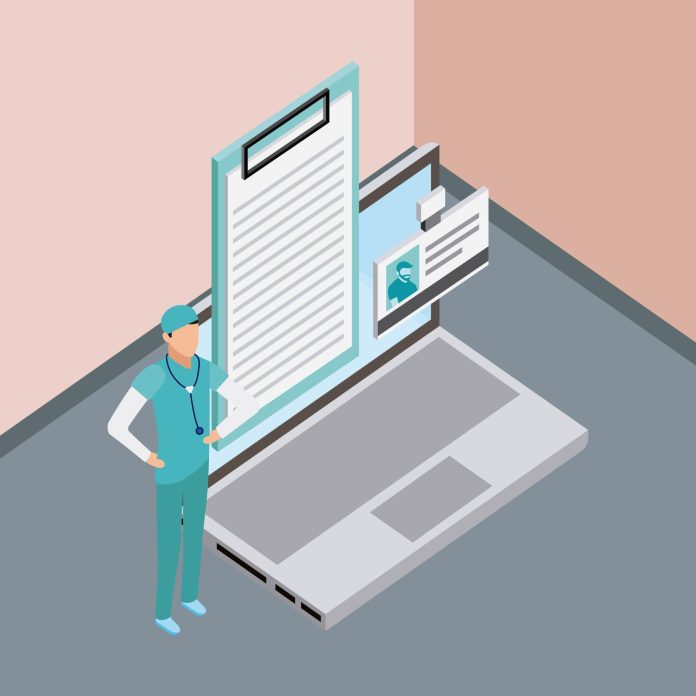Having a health insurance policy is an important requirement in today’s world. From getting health coverage during critical illnesses to getting tax benefits under Section 80D, health insurance is nothing short of a boon for all. Insurance companies use a lot of technical terms to explain various types of plans. People who are not familiar with those terms may have problems finding suitable plans for themselves. HMO, PPO, and EPO are such acronyms that can confuse people.
This article will explain clearly what these mean and based on your individual scenarios what health plan you should go for.
What is an HMO Plan?
HMO or Health Maintenance Organisation makes contracts with hospitals and doctors which creates a network that helps policy members from a specific area get healthcare services at lower rates. HMO plans do not cover out-of-network providers and require referral from a primary care physician (PCP) for certain tests and specialists. These are also some of the most affordable plans.
Furthermore, it is crucial to know the providers your HMO network has. If you receive care from any provider who is out-of-network (such as the lab for bloodwork, a surgeon, or a doctor) you will have to pay the total expense incurred from that service. However, if it is emergency care HMO plan has provisions to cover out-of-network services.
What is a PPO Plan?
PPO or Preferred Provider Organisation plans offer more flexibility when selecting a hospital or doctor. Preferred Provider Organisation refers to a network of providers who are preferred by this plan as they can offer healthcare services at the lowest out-of-pocket expense (compared to out-of-network providers).
These plans also include a network of providers, but they let you choose specialists without referrals. For these plans coinsurance and copay are low, therefore, if you can afford to pay slightly higher premiums PPOs can be a good choice.
What is an EPO Plan?
You can think of EPO or Exclusive Provider Organisation as a combination of Preferred Provider Organisation (PPO) and Health Maintenance Organisation (HMO) plans. EPO usually has a large network where you may or may not require referrals from a PCP. Without a referral from a PCP on your behalf, for specific services, you will have to get approval.
Although these plans have a larger network it does not have the out-of-network benefits that PPO plans offer. EPO plans have lower premiums compared to PPOs, however not as low as HMOs.
What are the Key Differences Between HMO, PPO, and EPO Plans?
Take a look at the table below to get an overall idea about the key differences in features in HMO, PPO, and EPO plans:
| Features | HMO | PPO | EPO |
| Out-of-Network Coverage | For medical emergencies only | Available at a higher cost | For medical emergencies only |
| Primary Care Provider (PCP) Required | Yes | No | Varies by plan |
| Monthly Premiums | Lowest | Highest | Lower than PPO, Higher than HMO |
| Referrals Required | Yes | No | No |
| Out-of-Pocket Expense | Lowest | Highest | Lower than PPO, Higher than HMO |
What Health Plan is Right for You: HMO, PPO, or EPO?
HMO, PPO, or EPO, each plan has distinct benefits that appeal to different groups of people as provided by insurance providers, like ACKO General Insurance. You can go through the following pointers for each plan and consider your individual scenario to decide what plan suits you best.
HMO Plan – It Will Work for You If:
- You are okay with selecting a PCP and coordinating with him/her your health care.
- It is okay for you to pay a higher deductible as you are getting a lower monthly premium.
- It is comfortable for you to get referrals from your chosen PCP in case you need to see a specialist.
- You have no issues with the limited network of providers.
PPO Plan – It Will Work for You If:
- You are okay with paying a slightly higher premium to obtain better flexibility and more healthcare options and doctors to choose from.
- To coordinate care you do not want to connect with a PCP.
- You want to see a specialist but do not want to go through a referral.
- You want a broader network of providers.
EPO Plan – It Will Work for You If:
- You want to pay comparatively lower monthly health insurance premiums.
- You are comfortable with paying a higher deductible when you require healthcare.
- A limited network of providers is sufficient for you currently.
- A budget-friendly plan is all you require right now.
The Bottom Line
Understanding the differences between HMO, PPO, and EPO health plans can help you make an informed decision based on your budget and healthcare requirements. Therefore, you should carefully evaluate each option and choose the plan that best fits your lifestyle and medical requirements.
If you want to take a look at some of the most excellent plans out there you should head over to ACKO General Insurance now.


